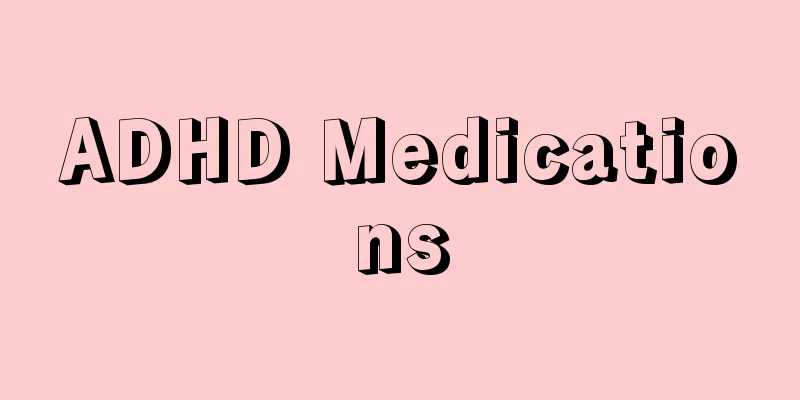What are the reasons for high protein? What should we pay attention to?

|
Protein is a very important substance for the body. Although food contains a lot of protein, eating too much protein will put a greater burden on the body and cause some unnecessary conditions. For example, many people have symptoms of high protein, which increases the burden on the kidneys and causes frequent kidney disease. Let’s take a look at the reasons for high protein. What should we pay attention to? When patients have high levels of urine protein, the most likely cause is kidney disease, because kidney disease is the most likely cause of urine protein. Under normal circumstances, protein will be reabsorbed. If the kidneys are damaged, according to the development principle of renal fibrosis, renal fibrosis will begin to initiate, and the kidney's reabsorption function will decrease. Some protein will leak out, leading to the production of urinary protein and high urine protein. Dietary considerations (1) Plant protein contains a large amount of purine, which increases the burden on kidney metabolism and should be used less. Among them, soy products, although high in protein content, should not be consumed by people with proteinuria due to the above reasons. (2) Depending on the type of proteinuria and the condition of the disease, different standard doses of protein diet should be used. For patients with nephritis, it can generally be supplied according to normal needs, which is 0.8-1.0g/kg per day for adults. Patients are recommended to choose proteins with high physiological value, such as eggs, milk, fish, lean meat, etc. For patients with nephrotic syndrome without renal impairment, a high-protein diet can be provided, with 1.5-2.0g/kg of protein per day for adults, and high-quality protein. For those with increased plasma urea nitrogen, a low-protein diet is generally appropriate. (3) Kidney patients, if their urine volume is normal, or if they have anuria, oliguria, or renal failure, should eat more vegetables and fruits to provide adequate vitamins. If the patient's urine volume decreases, especially when it is less than 500 ml per day, he or she should selectively consume vegetables and fruits. Because vegetables and fruits are generally rich in potassium, and patients with renal disease and oliguria have elevated potassium levels in their serum. High blood potassium levels can cause cardiac arrest, which is life-threatening. Vegetables, fruits, and grains are all foods rich in potassium. Fruits with higher potassium content include watermelon, banana, pineapple, mango, dates, cantaloupe, etc.; vegetables with higher potassium content include amaranth, spinach, celery, carrots, bamboo shoots, potatoes, etc. |
<<: What are the symptoms of cystitis? Which medicines are better?
>>: What are the signs of low IQ in children
Recommend
Are goose feather pillows good?
Goose feather pillows are very soft and help adul...
How to make curly hair with a straightening iron
In life, many women like to do their hair, becaus...
How to prevent and care for nerve damage caused by complications of nasopharyngeal carcinoma
There are many types of cancer, and currently, th...
What are the symptoms of lumbar muscle injury?
When the lumbar muscles are injured, it is actual...
Steps to shrink pores by washing your face with salt
Nowadays, many women pay great attention to their...
Can tangerine peel be used for foot soaking?
Soaking your feet before going to bed every night...
Can old bitter melon be eaten when it turns red?
Bitter melon, it can be said that many people don...
How should prostate cancer be treated?
If it can be detected early and the treatment of ...
Nutritional health is crucial for recovery from lung cancer
After the condition of lung cancer patients has i...
How to remove the formaldehyde smell from the sofa?
Formaldehyde is everywhere in our daily life. It ...
What causes droopy eyes
For everyone, age is a butcher's knife. When ...
What are the causes of dull pain in the right upper abdomen?
From the perspective of human body structure, the...
Autologous fat transplantation filling
Autologous fat filling is a relatively mature tec...
Diet for coronary heart disease
Coronary heart disease is a common disease among ...
What is the treatment for gastric bleeding?
Gastric diseases are generally chronic diseases a...









